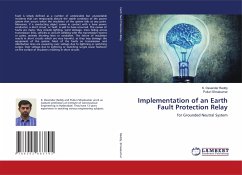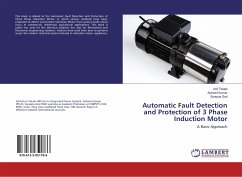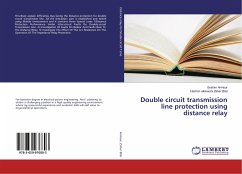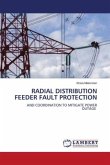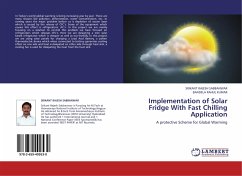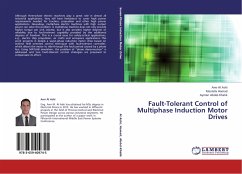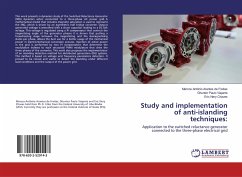Fault is simply defined as a number of undesirable but unavoidable incidents that can temporarily disturb the stable condition of the power system that occurs when the insulation of the system fails at any point. Moreover, if a conducting object comes in contact with a bare power conductor, a short circuit, or fault, is said to have occurred. The causes of faults are many; they include lighting, wind damage, trees falling across transmission lines, vehicles or aircraft colliding with the transmission towers or poles, animals shorting lines or vandalism. The failure of insulation results in short circuits which are very harmful, as they may damage the equipment of the system. Most of the faults on transmission and distribution lines are caused by over voltage due to lightning or switching surges. Over voltage due to lightning or switching surges cause flashover on the surface of insulators resulting in short circuits.
Bitte wählen Sie Ihr Anliegen aus.
Rechnungen
Retourenschein anfordern
Bestellstatus
Storno

